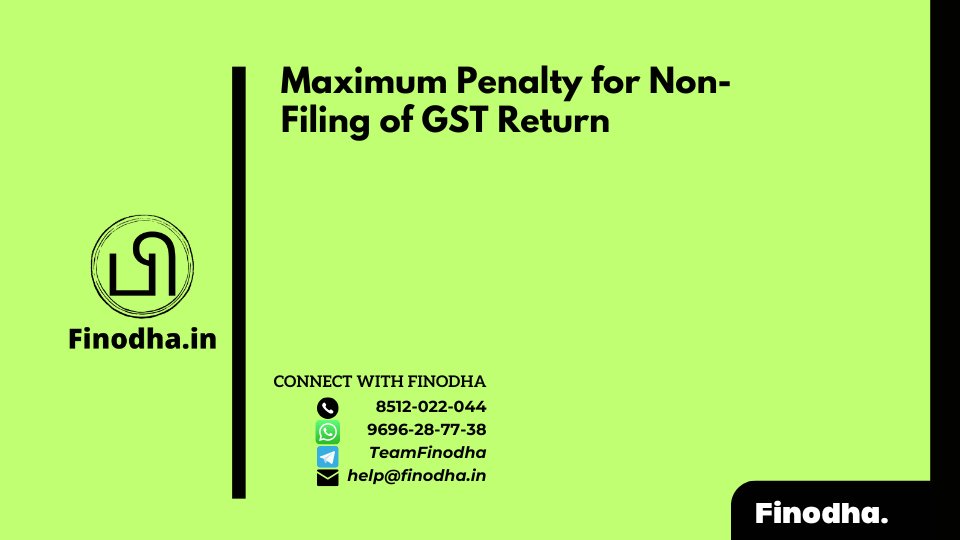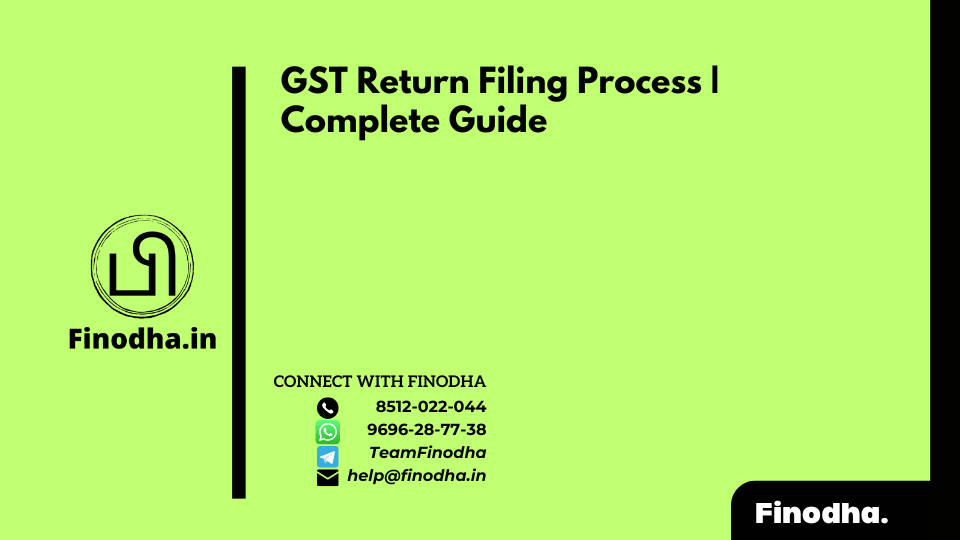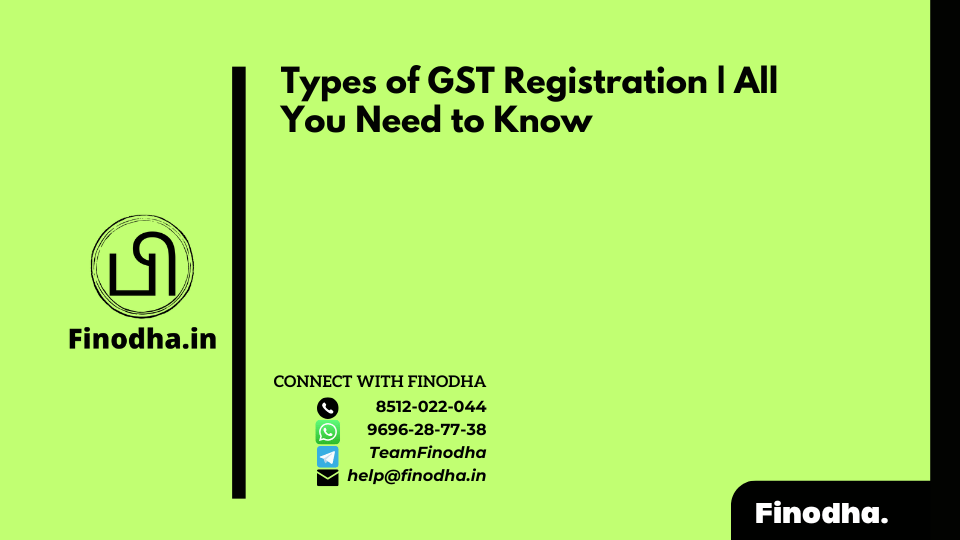Important keyword: Advance Tax, ITR Penalty, Self-Assessment Tax, Surcharge.
Table of Contents
Income Tax Payment
Income tax payments are a major source of revenue for the government. These funds are utilized for public welfare and infrastructure projects. The central government has the right to collect such tax payments. If taxpayers fail to make the required income tax payments, they will face unfavorable consequences, such as interest charges or penalties.
Types of Income Tax Payment
1. Tax Deducted at Source (TDS)
As the name suggests, Tax Deducted at Source (TDS) is a method of collecting tax at the point of income generation. This system was introduced to prevent tax evasion by placing the responsibility of tax deduction on the payer. A person (deductor) responsible for making specified payments to another person (deductee) must deduct a certain percentage of tax before making the full payment. This deducted tax is then deposited with the government by the deductor on behalf of the deductee.
The tax deducted is reflected in Form 26AS or in the certificate issued by the deductor. TDS is applicable to payments such as salaries, interest, commission, brokerage, professional fees, royalty, and contract payments. The deduction depends on the payment limits and rates, which vary according to the nature of the payment as prescribed by the Income Tax Act.
2. Advance Tax
Advance tax involves paying a portion of the estimated tax liability in advance, before the actual tax payment is due. Any taxpayer whose tax liability is INR 10,000 or more is required to pay advance tax on or before the due dates, typically in four installments throughout the year. Taxpayers under the presumptive taxation scheme must pay their due before 15th March.
According to the Income Tax Act, income is taxable at either a special rate or a slab rate. Taxpayers need to determine their total taxable income by applying the applicable rate. The advance tax amount is calculated by deducting taxes already paid via TCS, TDS, etc.
3. Self Assessment Tax
Self Assessment Tax is a tax liability computed and paid by the taxpayer themselves, rather than being deducted at the source. If a taxpayer’s tax obligations exceed the sum of advance tax and TDS, they need to pay the difference as Self Assessment Tax. If the advance tax and TDS are sufficient to cover the tax liability, no additional tax payment is required.
Tax Penalties
Each type of tax mentioned above has its own deadlines, and failing to meet these deadlines can result in penalties. Here are some common penalties:
- Late Payment Penalty: If taxes are not paid on time, a penalty may be levied based on the delay period and the amount outstanding.
- Interest on Late Payment: Interest is charged on the outstanding tax amount for each day of delay beyond the due date.
- Penalty for Underreporting Income: If the Income Tax Department finds that the taxpayer has underreported their income, they may impose penalties based on the severity of the underreporting.
- Penalty for Non-Compliance: Failure to comply with tax laws, such as not filing tax returns or not providing accurate information, can lead to penalties.
- Penalty for Late Filing of Returns: If tax returns are not filed within the due date, a penalty may be imposed depending on the delay period.
It is crucial for taxpayers to be aware of these penalties and ensure timely compliance with tax regulations to avoid financial repercussions.
Penalties on TDS
| Penalty/Interest | Consequences |
| 234E | Imprisonment for a minimum of 3 months and a fine are levied if the deductor fails to pay the credit to the government. |
| 201A | Interest is imposed if the deductor fails to deduct TDS or deduct TDS but fails to deposit to the government till the due date. |
| Section 271H | If the deductor/collector files an incorrect return, a minimum penalty of INR 10,000 is levied. |
| Section 276B | Imprisonment for a minimum period of 3 months and a fine are levied if the deductor fails to pay the credit to the government. |
Penalties on Advance Tax
| Penalty/Interest | Consequences |
| Section 234B | Interest at 1% per month is levied in case there is no payment or taxpayer fails to pay 90% of their assessed tax liability during the assessment year |
| Section 234C | Interest at 1% per month is levied in case of deferment of tax during the financial year. |
Penalties on Self-Assessment Tax
| Penalty/Interest | Consequences |
| Section 221(1) | If a taxpayer is in default in payment of taxes an Assessing officer may levy a penalty in such a case in addition to the amount of arrears and interest from time to time. |
Paying Taxes in India
Taxpayers in India have the option to pay their taxes through both online and offline methods:
Online Income Tax Payment
To pay income tax online, follow these steps:
- Visit the IT Portal: Go to the Income Tax (IT) portal and navigate to the tax payment section.
- Enter Details: Provide the required details such as PAN (Permanent Account Number), assessment year, tax type, etc.
- Choose Payment Mode: Select the preferred payment method, which can include net banking, debit card, credit card, or UPI.
- Complete Payment: Follow the instructions to complete the payment process securely.
Offline Income Tax Payment
For those preferring to pay taxes offline, follow these steps:
- Visit Bank Branch: Go to the nearest bank branch authorized to collect income tax payments.
- Get Challan Form (Form 280): Obtain the Challan form (Form 280) from the bank counter.
- Fill in Details: Complete the form with necessary details including PAN, assessment year, tax type, and payment amount.
- Submit Form and Payment: Submit the filled form along with the payment amount to the bank official. Payment can be made in cash (up to INR 10,000) or by cheque.
- Receive Receipt: Upon processing, the bank official will provide a receipt as proof of tax payment.
Read More: How to Make Advance Tax Payment?
Web Stories: How to Make Advance Tax Payment?
Official Income Tax Return filing website: https://incometaxindia.gov.in/




